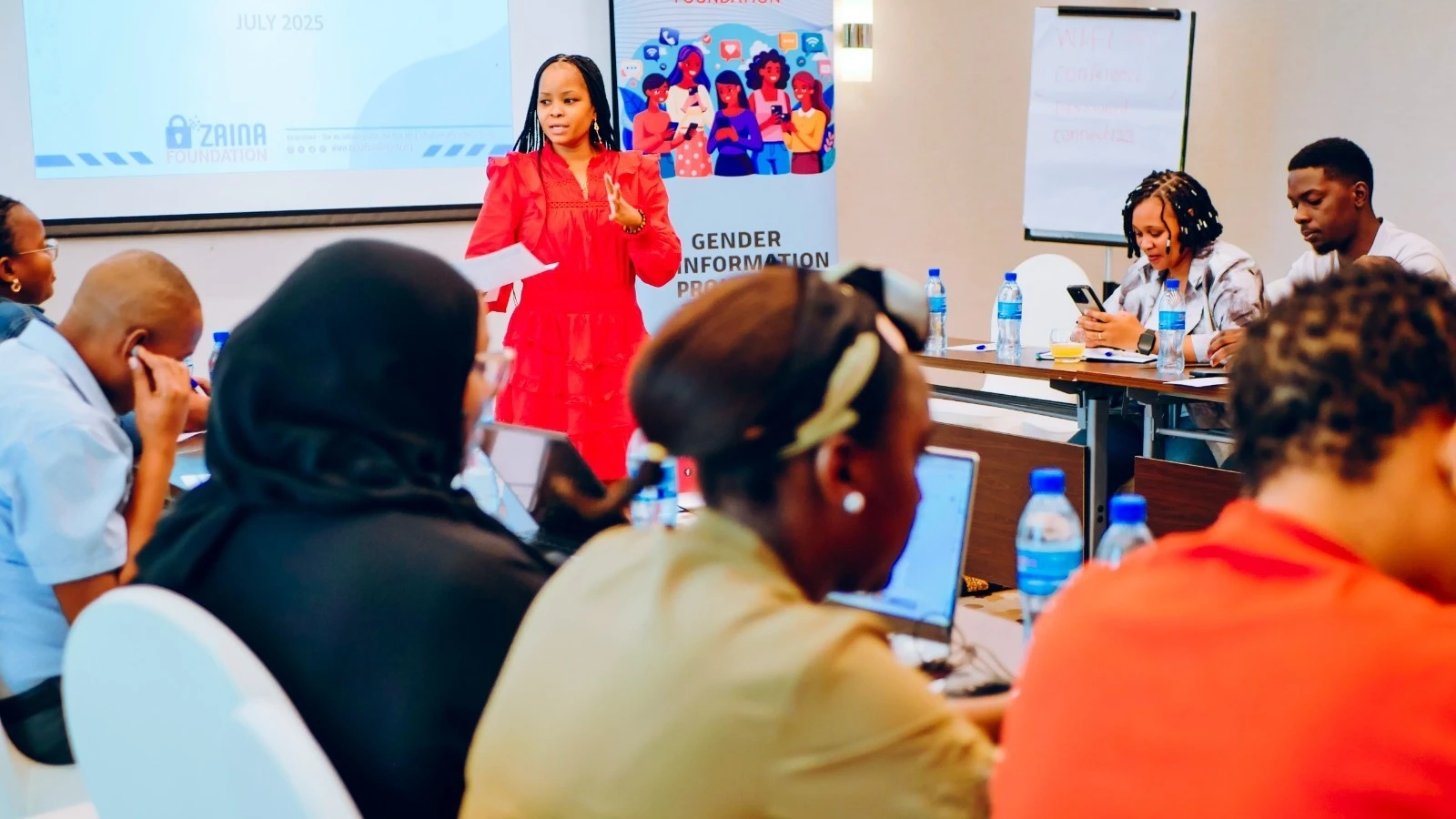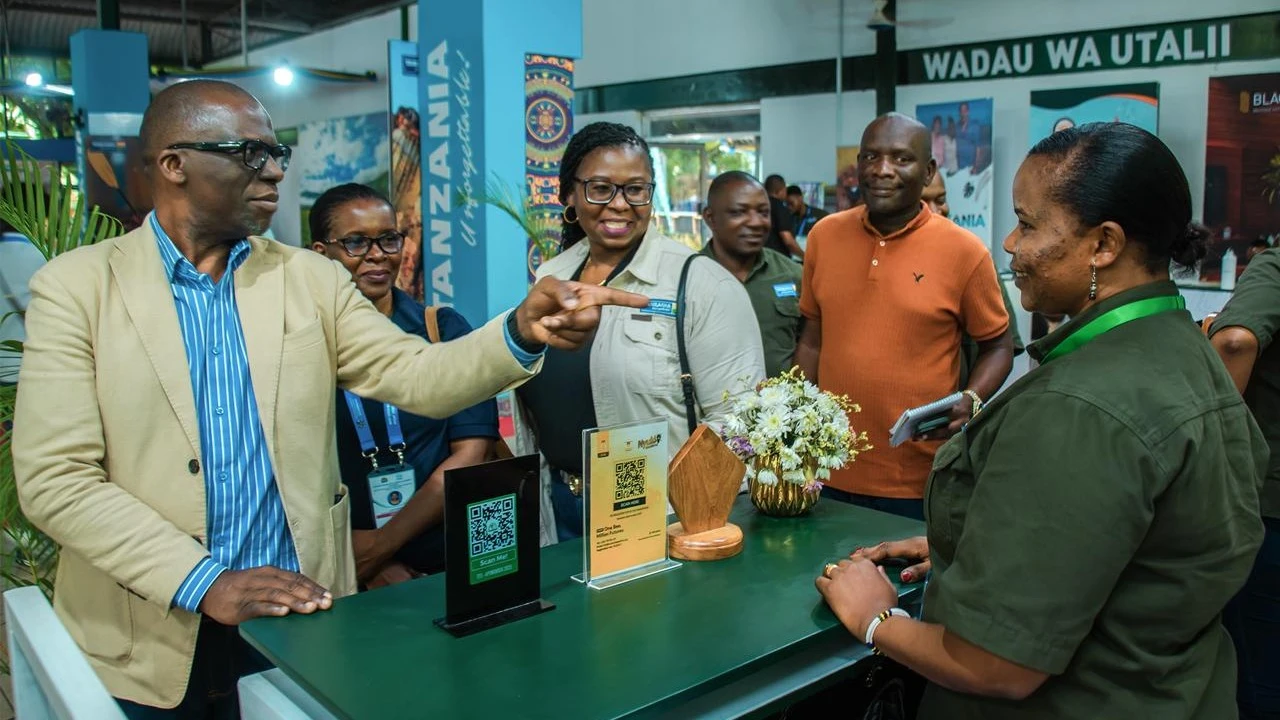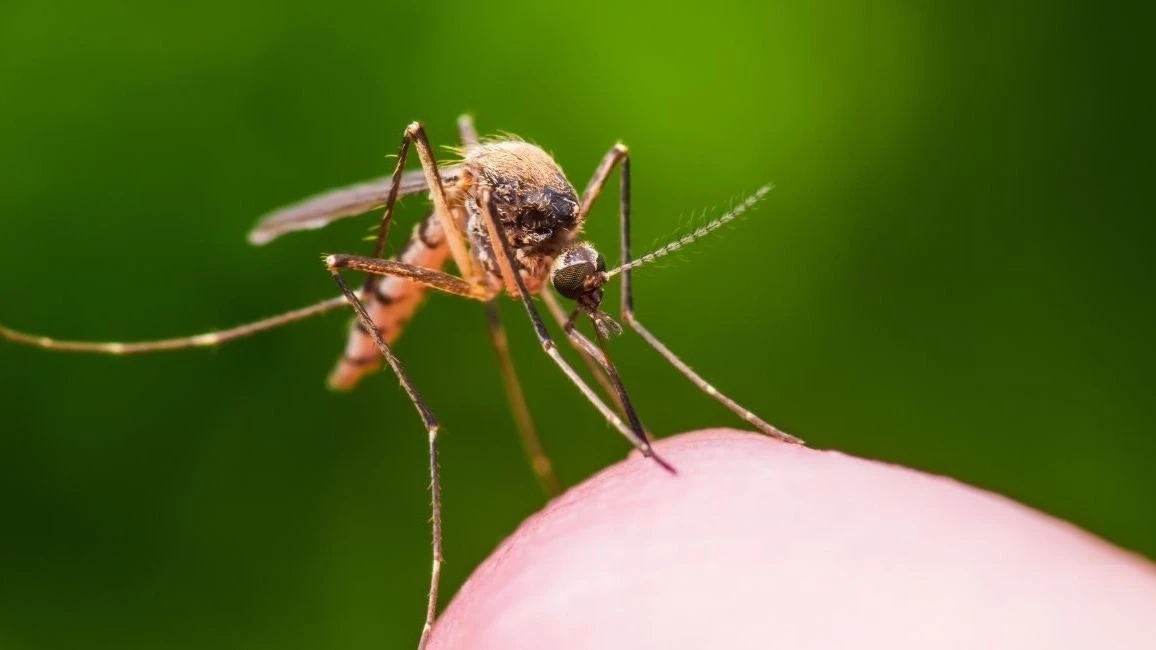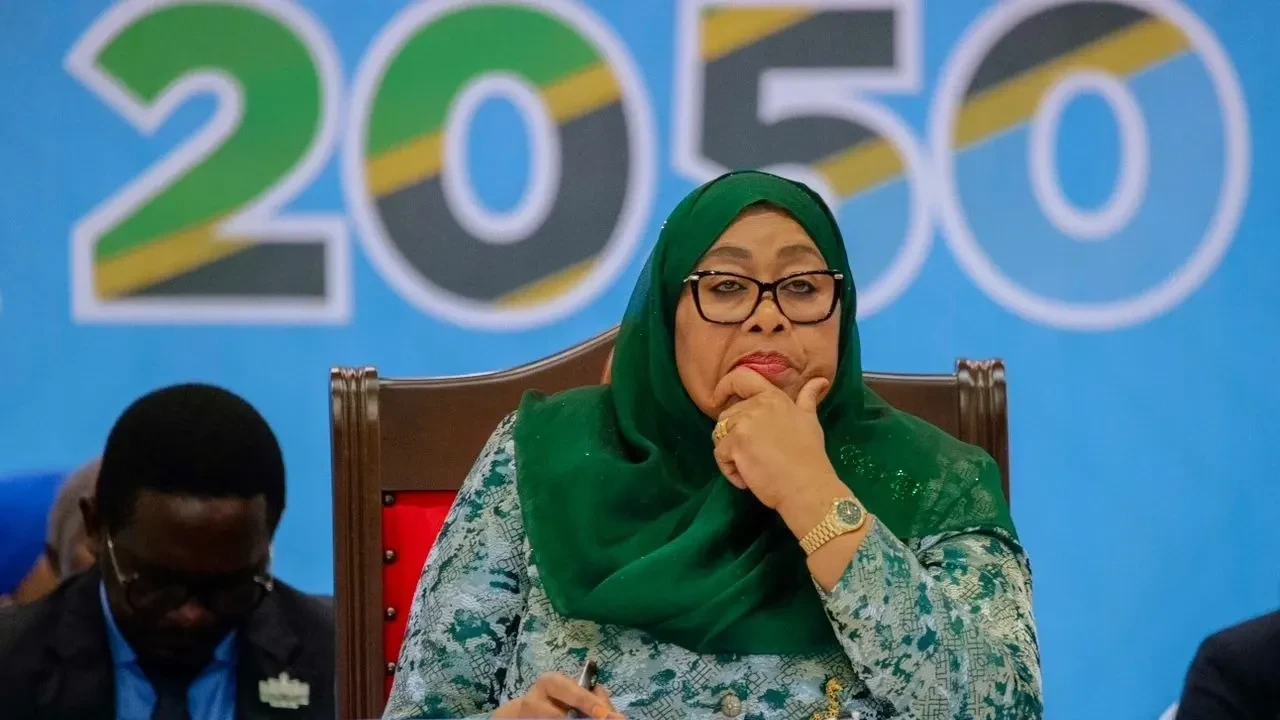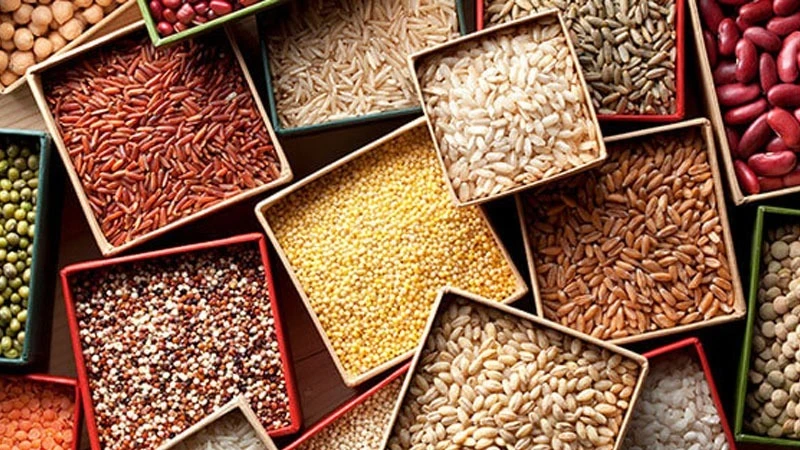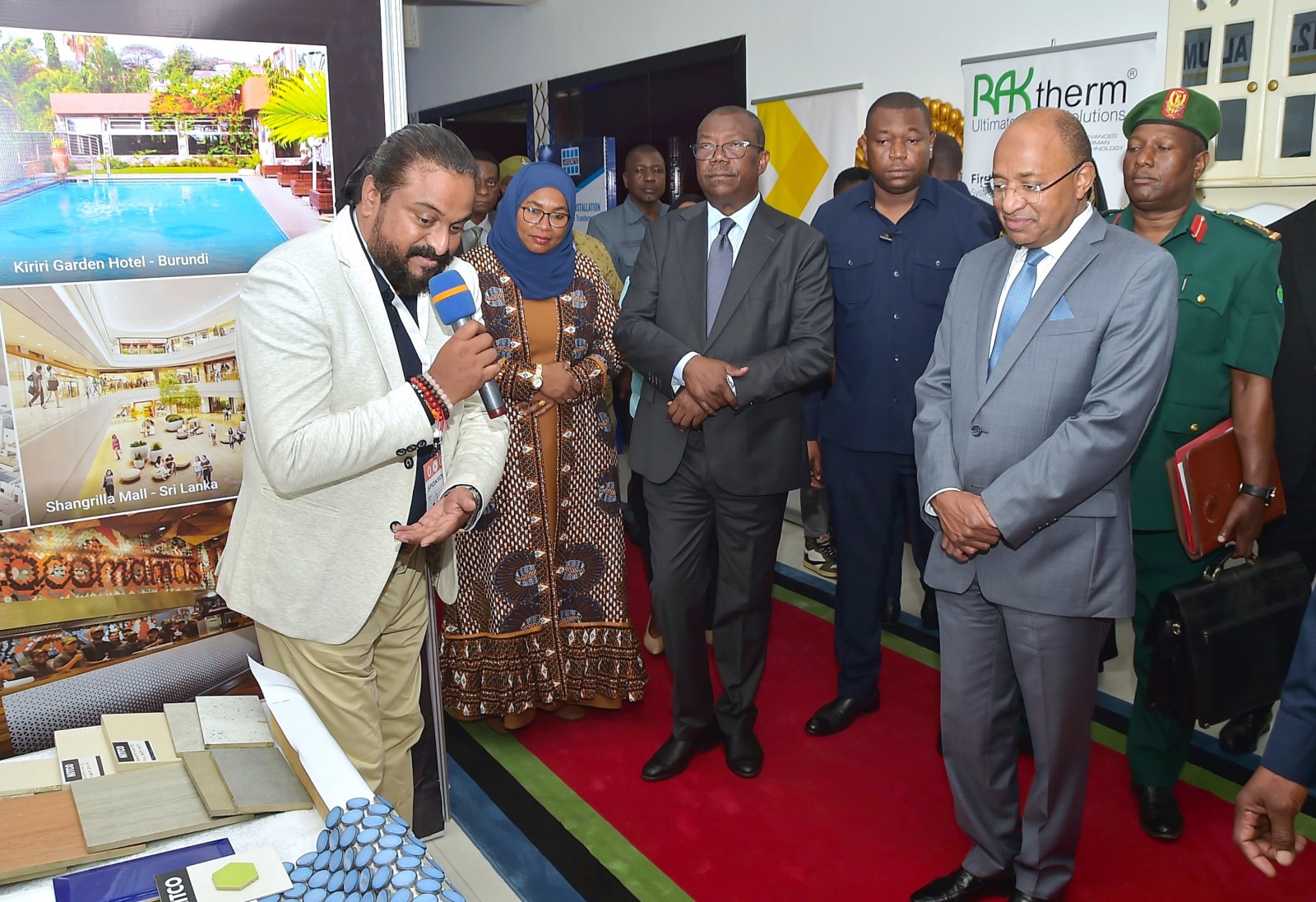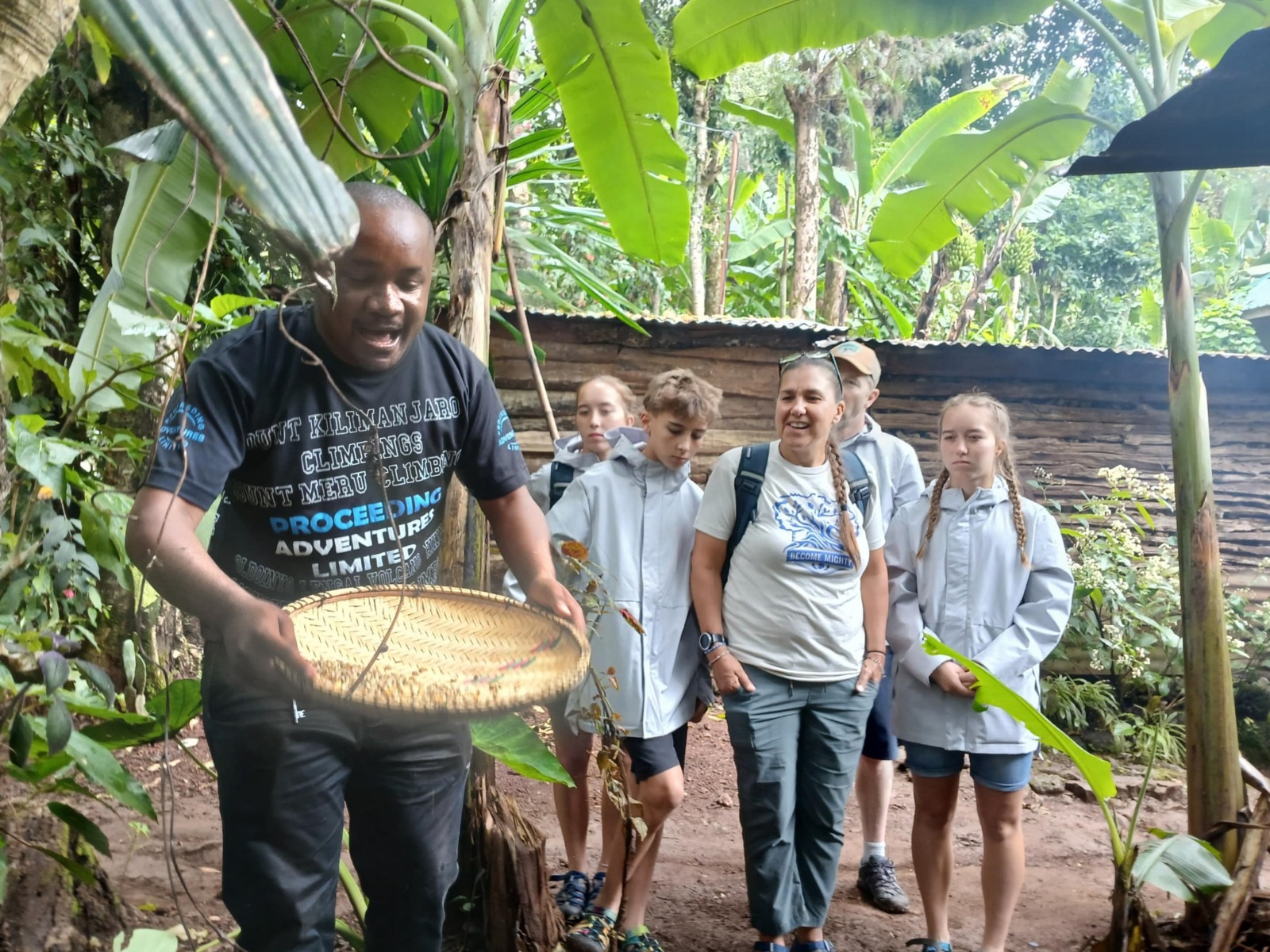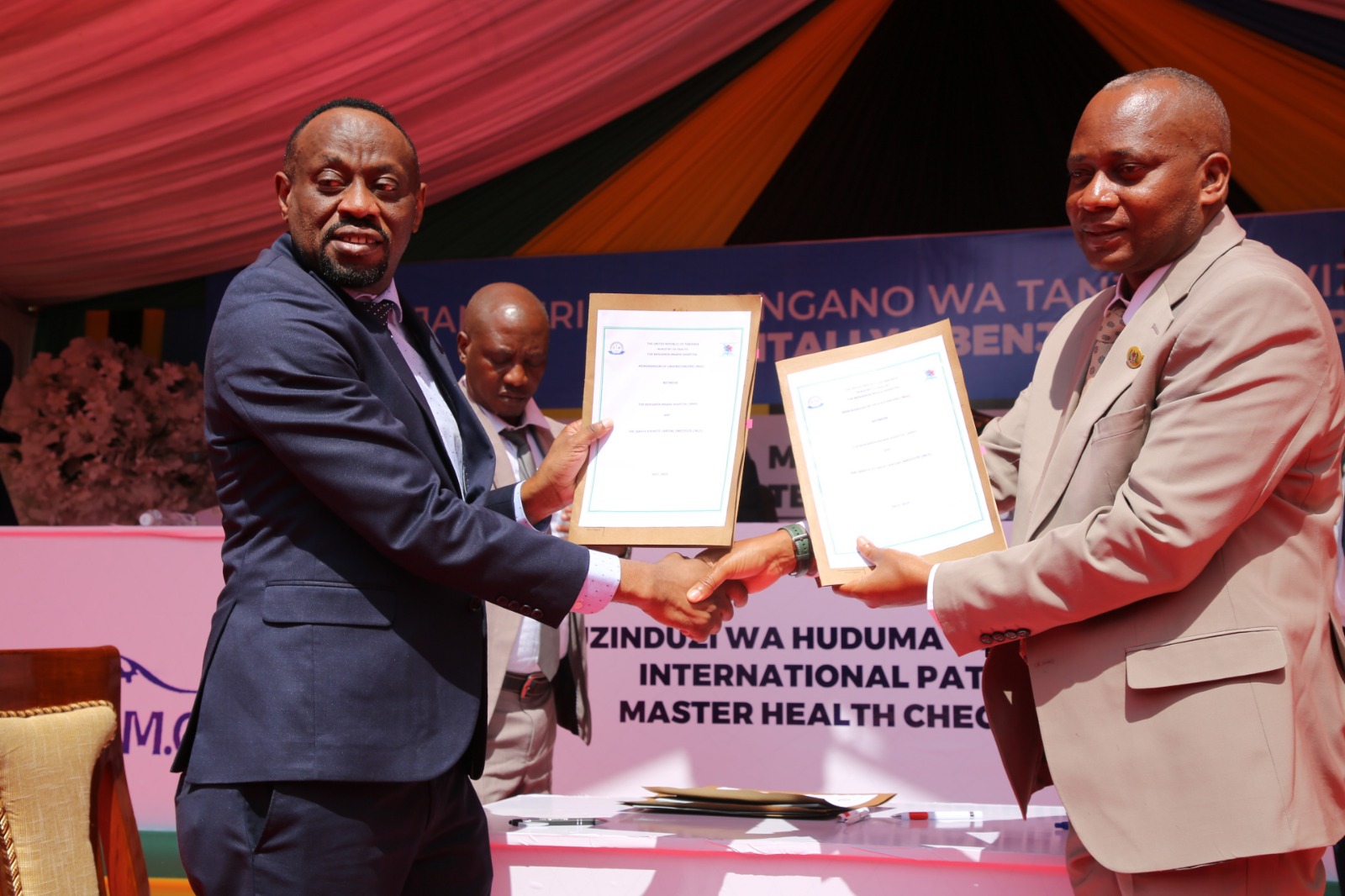Tanzania leads nutrition drive as EA innovators shine in key competition
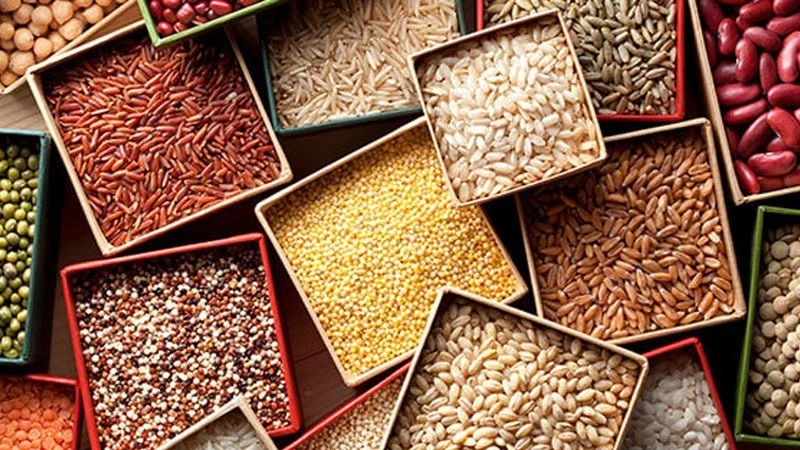
TANZANIA has positioned itself as a regional leader in food fortification and nutrition reform, as it hosted the Grand Finale of the 2025 Fortify Forward Innovation Challenge (FFIC), a regional competition spotlighting homegrown solutions to malnutrition.
Held from recently in Dar es Salaam, the high-profile event drew innovators, policymakers, nutrition experts, and investors from across East Africa to celebrate a new wave of scalable and affordable nutrition innovations aimed at ending "hidden hunger."
Eleven innovators were awarded $5,000 grants each for their winning ideas, alongside certificates and mentorship to support implementation. The event was organised by the Global Alliance for Improved Nutrition (GAIN) in collaboration with Tanzania’s Ministry of Health and other stakeholders.
Opening the event, Ministry of health’s training director, Dr Saitore Laizer reaffirmed the government’s commitment to nutrition as a development priority. He highlighted Tanzania’s updated 2024 food fortification regulations, which now require all packaged maize flour to be fortified with essential micronutrients — including vitamin A, iron and zinc.
“This is not about ticking regulatory boxes, it’s about ensuring every Tanzanian household, rural or urban, gets access to life-saving nutrients,” said Minister Mhagama in a message delivered during the event. “Malnutrition robs our country of up to 11 percent of GDP, but nutrition investments offer powerful returns — from better school performance to a stronger workforce.”
Tanzania has already led successful campaigns in salt iodisation and the fortification of wheat flour and edible oil, and now aims to expand access through stronger public-private partnerships and innovation ecosystems.
GAIN’s Tanzania country director Prisca Rwezahura noted that the Fortify Forward Challenge was designed to elevate African-led innovations that tackle malnutrition at the community level.
“Through co-investment with the private sector and our technical support, we’ve helped make fortified and biofortified foods more available — especially through SMEs,” she said.
She also underscored GAIN’s focus on climate-smart nutrition, such as cold chain investments that improve access to safe and affordable animal-sourced foods in underserved areas.
Winners of the FFIC participated in intensive training on entrepreneurship, public-private engagement, and product development. Their solutions ranged from nutrient-enriched flours and cereals to biofortified cassava and orange-fleshed sweet potatoes, addressing specific nutrient gaps within their communities.
GAIN’s executive director Dr Lawrence Haddad applauded the region’s innovators, noting that fortification and biofortification remain underused but powerful tools in fighting hunger and stunting.
“FFIC is not just about rewarding bright ideas. It’s about building an ecosystem where African innovators can scale, influence policy, and save lives,” Dr. Haddad said.
Fortification involves adding vital nutrients to common foods like flour, oil, and salt to improve population-wide health outcomes. Biofortification, meanwhile, boosts the nutrient content of crops at the breeding stage, creating naturally vitamin-rich food staples like maize, cassava, and sweet potatoes.
Both approaches are backed by global research and have proven cost-effective in reducing child mortality, improving maternal health, and enhancing cognitive development.
Top Headlines
© 2025 IPPMEDIA.COM. ALL RIGHTS RESERVED








